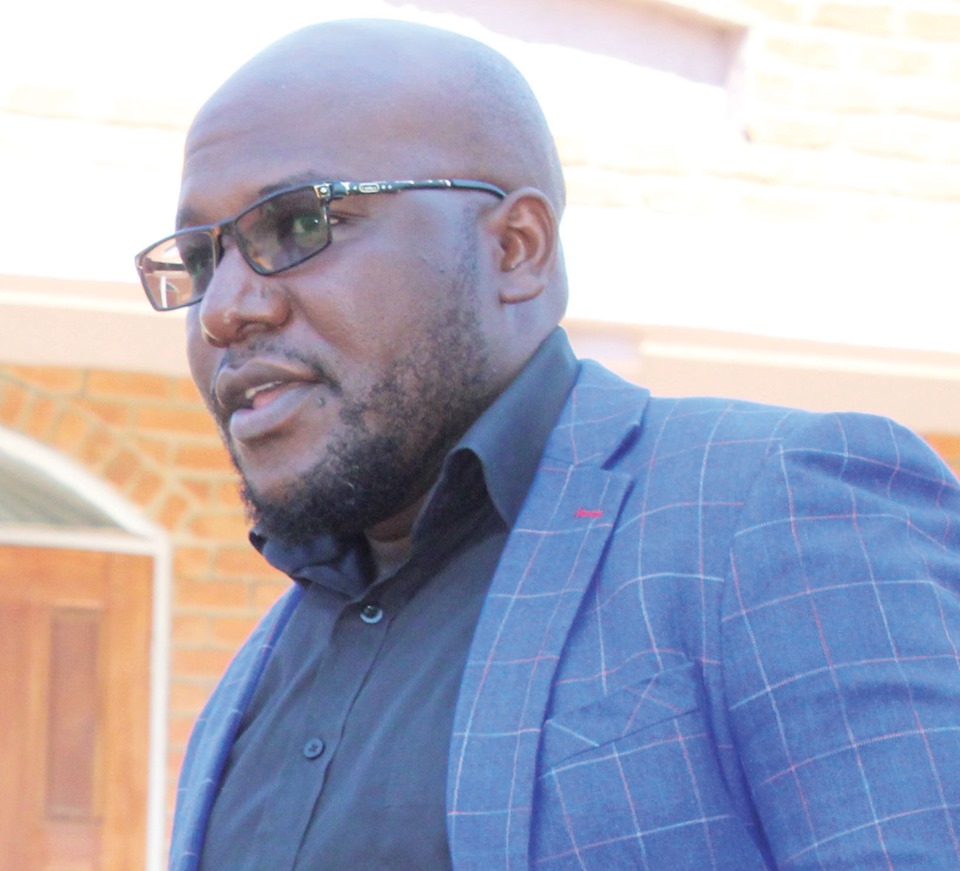Malawi Government has rejected most of the demands which Consumers Association of Malawi (Cama) presented to it during demonstrations held in the country’s major cities on January 17.
Consequently, Cama Executive Director Director John Kapito says his organisation is contemplating the next course of action.
He spoke in an interview yesterday two days after the government had called for a meeting to address their concerns.
Kapito said he was disappointed that the government rejected to either manage or abolish the floatation of the kwacha; to effect a general salary hike to cushion workers from the current economic hardships; for the president to declare her assets which could be used as a basis for checking corruption, to reduce the cabinet and to trim the number of Principal Secretaries in government ministries.
He said the government’s acceptance to reduce the presidential convoy and sell ministerial Mercedes Benz, and eradicating corruption in the government is way below what they expected.
“Of course we did not expect to get 100 percent of what we wanted, but at least half way or the government being able to understand some of the challenges Malawians are facing and move with us by suggesting what they could do in order to mitigate the challenges people are experiencing.”
“If it is not abandoning or managing floatation of the kwacha, what is it that they are doing to workers salaries? But they rejected both. Now saying no to both has left us with no option but take the next course of action,” Kapito said.
He further said Cama would again engage the government shortly on the same floatation and declaration of assets, while seeking views from consumers on the next course of action.
“We would like to see that we have given them [the government] enough ammunition and ropes to hang themselves before we commit ourselves to the next course of action,” he said.
He said they originally planned vigil at the Sanjika Palace to force the government to address their concerns has not yet been ruled out, saying it remains one of the alternatives consumers may go for should there be no change of heart on their concerns.
But while confirming the rejection of some of the concerns raised in the petition to the displeasure of the representatives of the consumers, Kunkuyu described the meeting as fruitful.
“We had a fruitful meeting and it was cordial. On some issues, we agreed and on others they understood us, though they did not agree with us. For example, on the issue of corruption they agreed with us we need to work together to solve the problem because there cannot be a one day solution,” said Kunkuyu.
He further said much as Cama did not agree with the government over the floatation of the kwacha and other issues, the government believes that the floatation is necessary to ensure the economy is back on track.
“The aim of the floatation is to realign the parallel market with the formal market. This measure is just temporary and once the situation stabilises perhaps government will be able to stop the floatation of the kwacha,” he said.
But in what could be described as a concession from the government that its economic policies are hitting Malawians hard, Minister of Finance Ken Lipenga in his mid-year budget review statement said many of the economic decisions are “painful and unpopular”.
“Mr. Speaker, Sir, in order to correct the past mistakes and put the economy on a sustainable path to recovery, tough policy decisions – many of them painful and unpopular – had to be made.
“Mr. Speaker, Sir, I will be the first to admit that the [economic] challenges we face are real,” Lipenga told Parliament on Friday.
Cama organised and held peaceful demonstrations on January 17 this year against the government over its economic policies which it says are hurting the consumer each passing day.
The body, thereafter, issued a seven-point petition to the government, giving a deadline of February 15 to respond to the petition. The government honoured the ultimatum and called Cama to a meeting last Friday.
At the meeting, the government was represented by Minister of Economic Planning and Development Goodall Gondwe, Deputy Minister of Finance Ralph Jooma, Minister of Information and Civic Education Moses Kunkuyu, Minister of Justice Ralph Kasambara, Minister of Tourism Rachel Zulu and Deputy Minister of Health Halima Daudi.
Consumers, on the other hand, were represented by Kapito, activists Jessie Kabwila, Hebrews Misomali and Isaac Chirwa.





No comments! Be the first commenter?